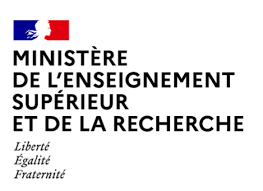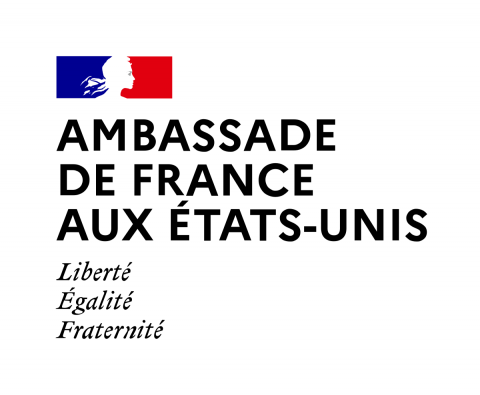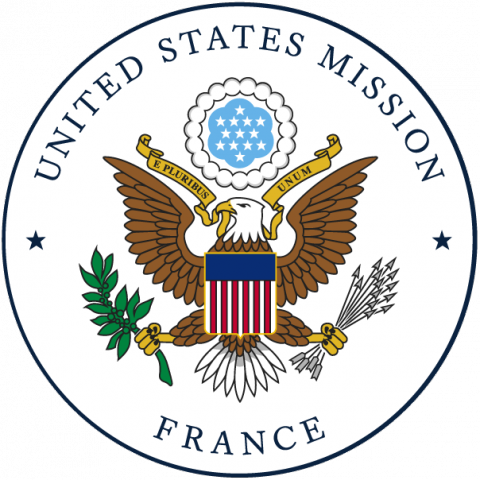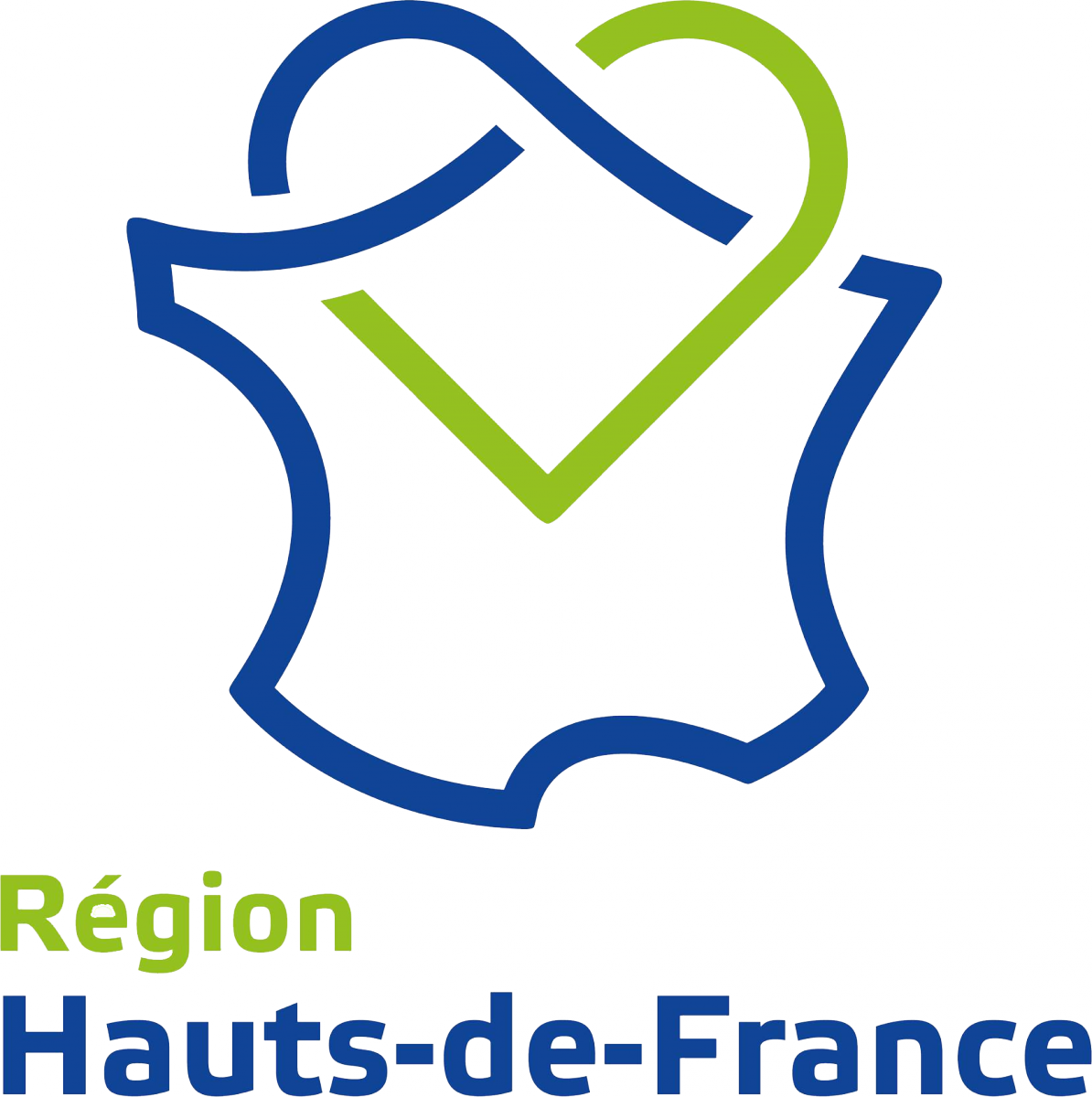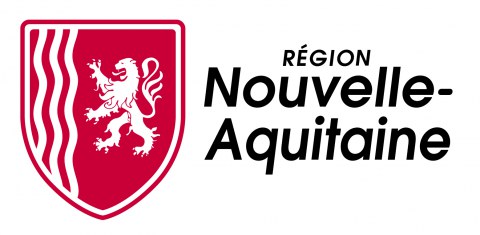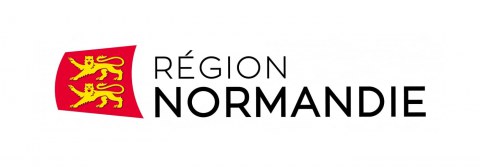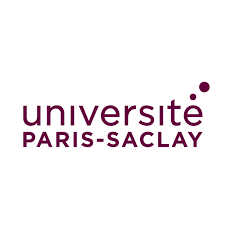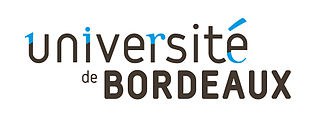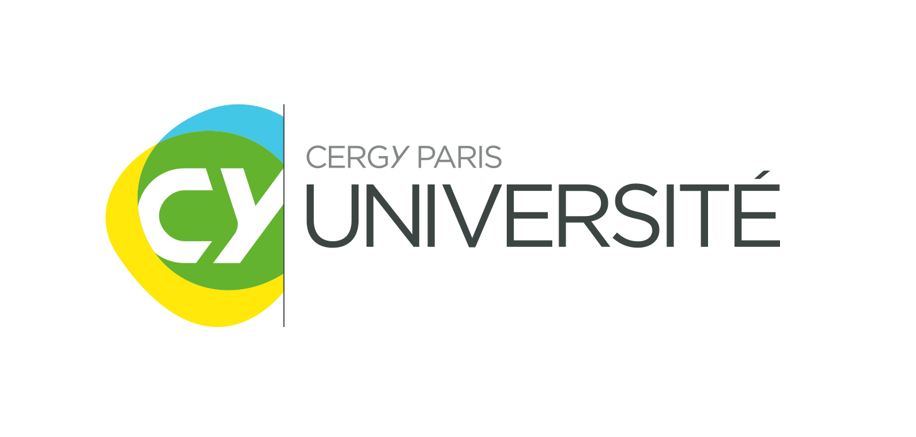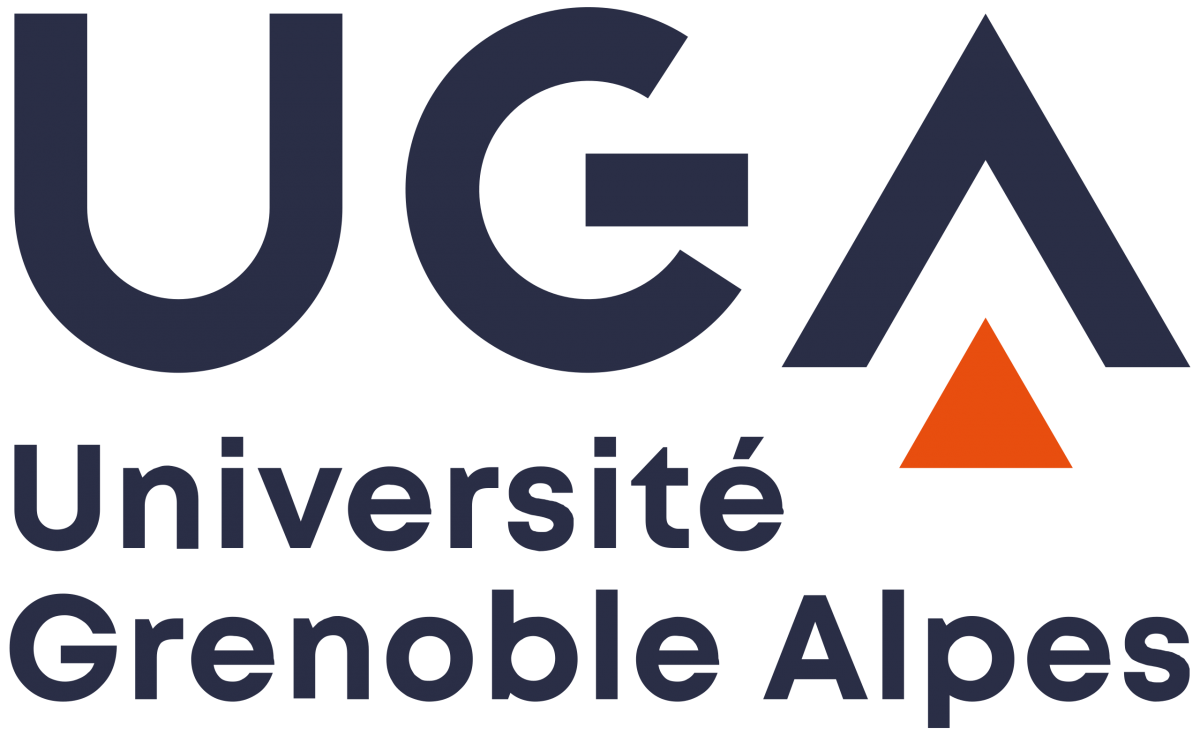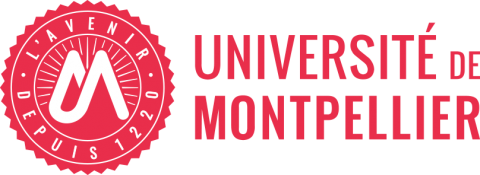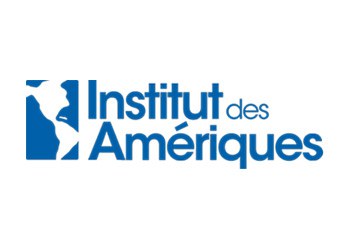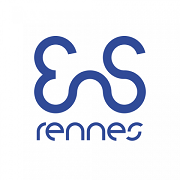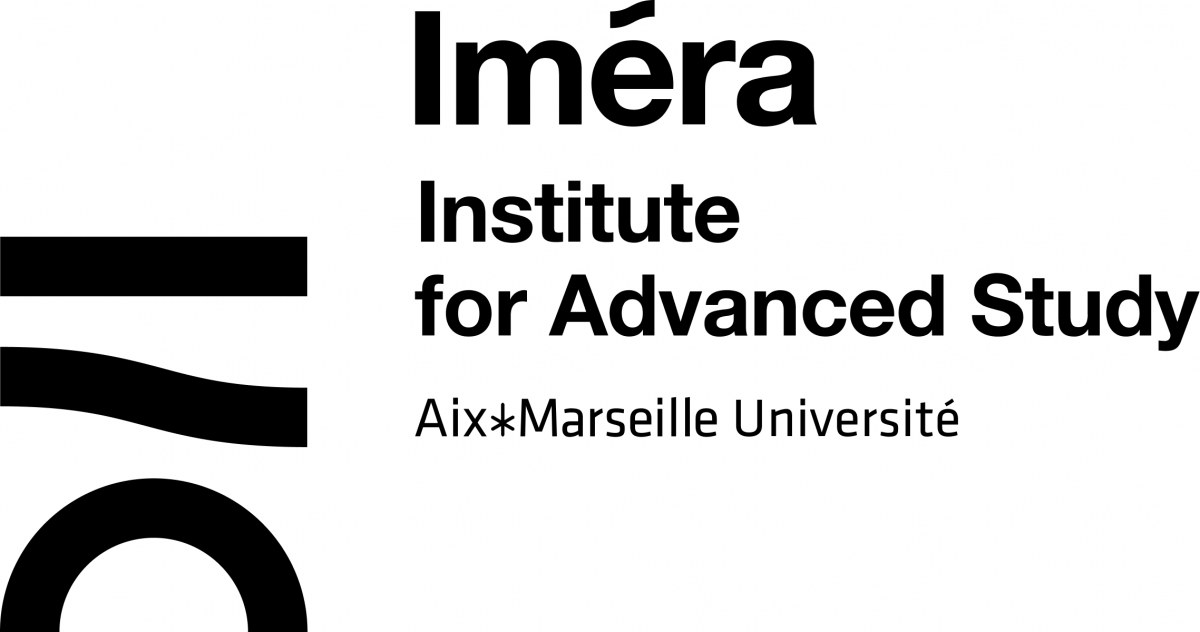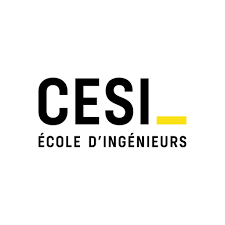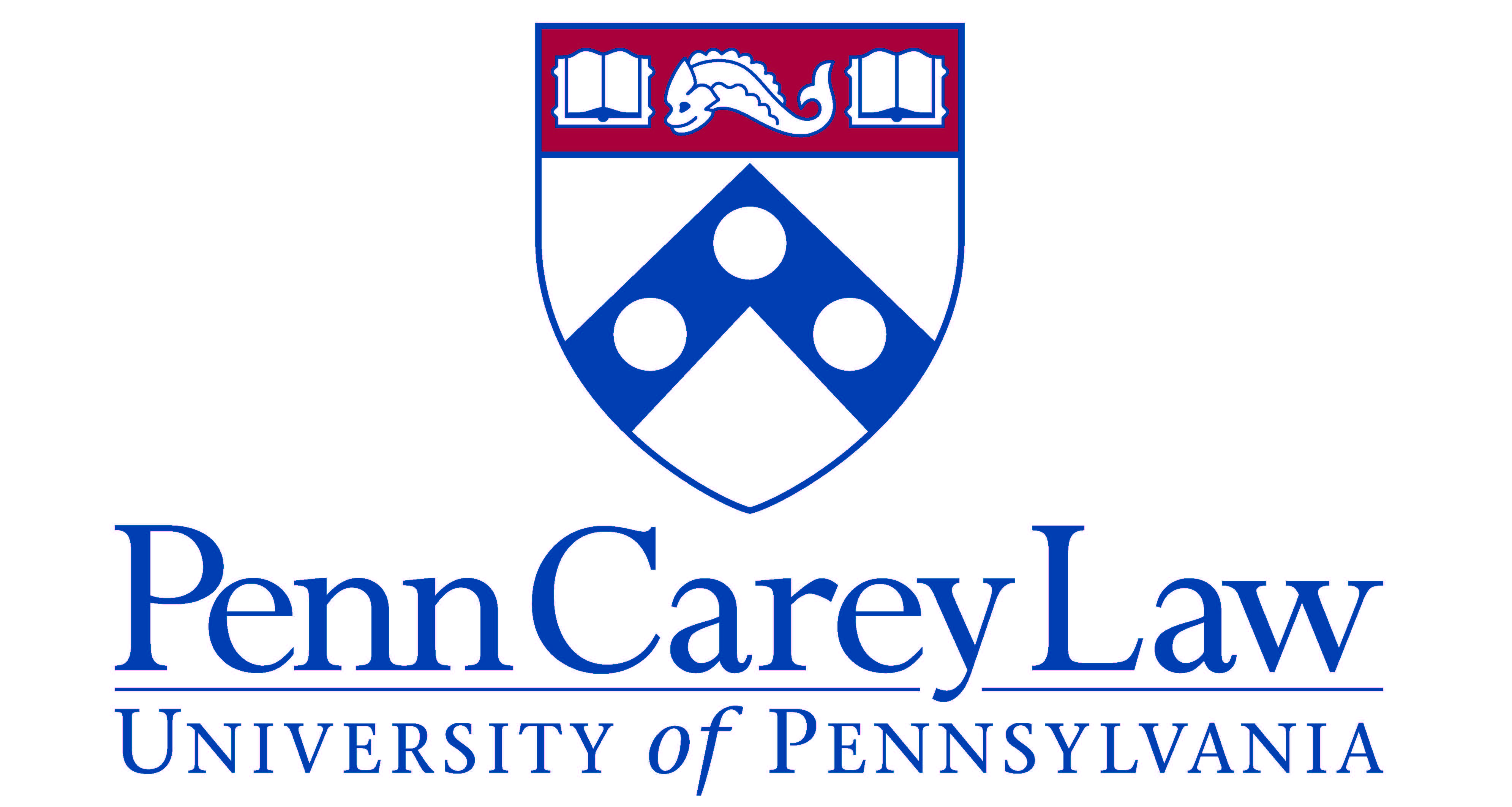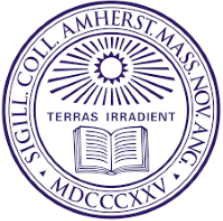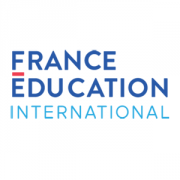Nouvelle-Aquitaine welcomes candidates in all fields 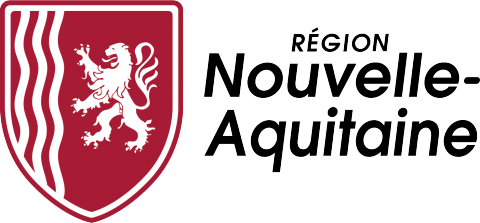
2 grants awarded
Award start period : September 2027 - May 2028
3-9 months in Nouvelle-Aquitaine
Conduct research at any university or research center in the Nouvelle-Aquitaine region. Major cities include: Bordeaux, Poitiers, La Rochelle, Limoges, and Pau.
Nouvelle-Aquitaine welcomes candidates in all fields, preferably in the following areas in which the regional research teams are especially strong: Energy Efficiency, Storage and Use; Materials Performance and Advanced Processing; Lasers, Photonics and Optoelectronics; Neuroscience and Bioimaging; Immune Response to Microbial Pathogens; Biodiversity, Coastal and Ecosystems Evolution, Biogeochemistry, and Aquatic Ecotoxicology; Archaeology; African Studies; Computer Networks and Innovative Data Management; Chemistry for Health Sciences and Agricultural Raw Materials; Applied Mathematics and Modeling.
Participating institutions include:
-Université de Bordeaux
-Université Bordeaux Montaigne
-Bordeaux INP Aquitaine
-Ecole Nationale Supérieure d'Architecture et de Paysage de Bordeaux (ENSAPBx)
-Bordeaux Sciences Agro
-Université de Poitiers
-ISAE-ENSMA
-Université de Limoges
-Université de Pau et des Pays de l'Adour
-La Rochelle Université
-Sciences Po Bordeaux
Quotes from previous Fulbright-Nouvelle-Aquitaine grantees:
“My Fulbright experience has been way beyond my expectations. My new colleagues have been excellent collaborators, very welcoming and open to new ideas. The work we have begun will continue to expand and transform my career, including permanent affiliation with the host institutions and lasting friendships.”
“My Fulbright experience has been indescribable in its growth impact. I’ve had to stretch my scientific muscles to their limits and this has led to significant new ideas and goals that will become an integral part of my laboratory in West Virginia. The planned, extended collaborative efforts with my host research group will not only benefit me and my institution but also a whole field by stimulating many young scientists to come.”
“My Fulbright research experience provided an incredible opportunity to not only connect and conduct work with my hosts but also gave the chance to meet many other scientists and students doing excellent research. By studying the French coast, it made me understand how we have many similar problems but also important differences, so this highlighted how having local and global perspectives are critically important. By embracing the scientific and social culture, I was able to see, do and learn much more than I imagined, and this will be invaluable for my professional and personal growth for years to come.”
€3000 (approx. $3,200) per month. Additional travel allowance of €1200 (approx. $1,300) for grantee only.
French language ability should be commensurate with the requirements of the project.
Many host institutions offer language courses.
We prefer candidates who intend to improve their French language skills.
The application deadline is September 15, 2026.
The application process is administered by the Institute of International Education. For further information and to apply, please consult IIE's program page.
If you have not already established ties with a host institution in the region and are planning to solicit the required letter of invitation, click here for an electronic letter in PDF format from the Franco-American Commission explaining to potential hosts what the program is, how it is funded, and what the requirements for hosting would be.
Contact person: Charlotte Goodwin, Program Officer - US Grantees, cgoodwin@fulbright-france.org
With 208,000 people studying in the region – about half of whom are in Bordeaux – Nouvelle-Aquitaine is especially an exciting place to be for research! World renowned for its wine, Bordeaux is also famous for the quality and number of its public institutions of higher education and research. The region boasts six universities representing 128,000 students. Nouvelle-Aquitaine is home to the major public research institutions, and out-performs the national average public scientific output by 5% (and over 7% in chemistry and applied biology-ecology).
For a map and basic information about the region in English, see the following site (extracted from welcometofrance.com, last updated on December 2019)
Nouvelle-Aquitaine is a very popular destination thanks to its beautiful vineyards, beaches, mountains, and cultural attractions (including prehistoric sites, medieval architecture, and picturesque villages).



